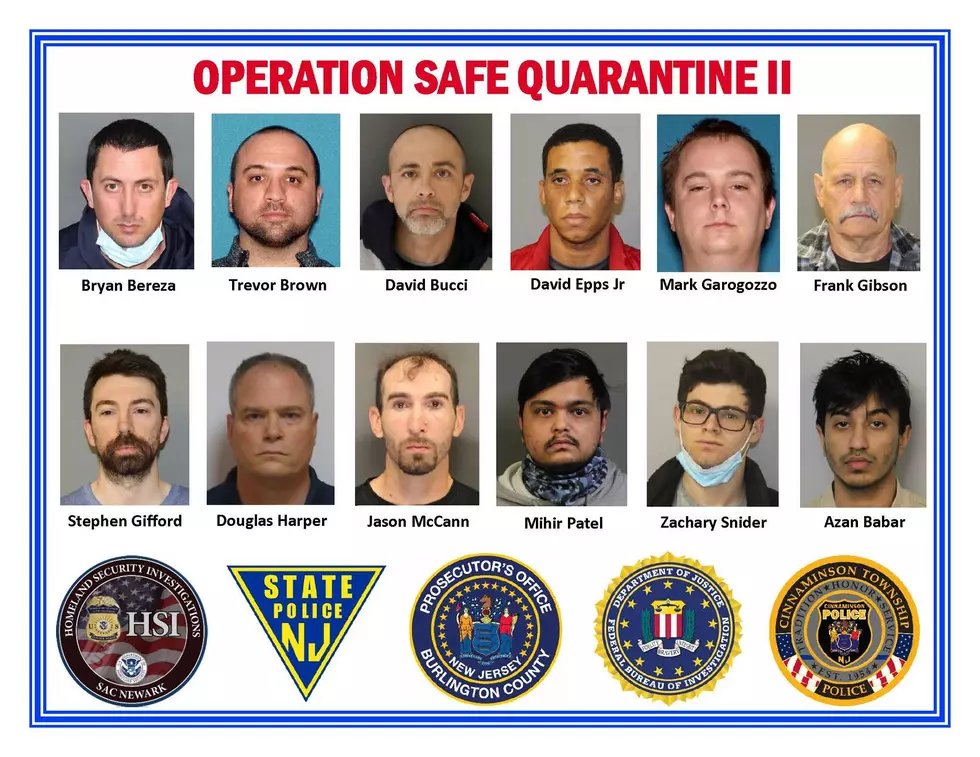
Teen dating violence — experts urge you to recognize the signs
If your child were experiencing abuse from their dating partner, do you think you'd have the eyes and ears to pick up on it?
Victim advocates in New Jersey claim most people would be surprised to learn that teen dating violence is incredibly common. Statistics suggest that 1 in 3 adolescents is a survivor of physical, sexual, emotional or verbal abuse from dating — and just a third of teens who were in a violent relationship ever spoke up about it.
"It's more non-violent at the beginning ... and that begins to escalate, more controlling behavior," said Julye Myner, executive director of the Center for Hope and Safety in Rochelle Park.

As part of National Teen Dating Violence Awareness and Prevention Month, experts in the field are urging parents and adults to better understand the signs and consequences of being a victim of teen dating violence, and to lead by example by promoting healthy relationships.
"When we have these unhealthy patterns occurring in teen dating, and they are not well recognized, then it moves on to domestic violence in adulthood," Myner said. "We see, also, a familial pattern — the transmission of domestic violence happening from one generation to the next."
An additional threat to teens in relationships these days, Myner said, is the attempt by one person to control or coerce the other by threatening to share private photos sent by text message or over social media.
Teen dating violence has proven to result in increased rates of depression and anxiety among victims, Myner said. Survivors of teen dating violence, according to national statistics, are more likely to use drugs, smoke, or drink alcohol than those who did not experience abuse.
Signs of teen dating violence for both teens and parents to look out for:
- Extreme jealousy or insecurity
- Possessive or controlling behavior
- Explosive outbursts, temper or mood swings
- Pressure to have sex
- Partner puts the other person down frequently, especially in front of others
- Partner isolates the other person from friends and family
- Any form of physical harm
"I think it's important for parents to engage in conversation with their teens about what is a healthy relationship — the concept of equality and respect, as opposed to control and power," Myner added.
If you or someone you know is involved in an abusive relationship of any kind, confidential support from a trained counselor is available by visiting loveisrespect.org, calling 1-866-331-9474, or texting “loveis” to 22522.
Contact reporter Dino Flammia at dino.flammia@townsquaremedia.com.
LATEST: NJ towns canceling 2021 St. Patrick’s parades
More From Rock 104.1










